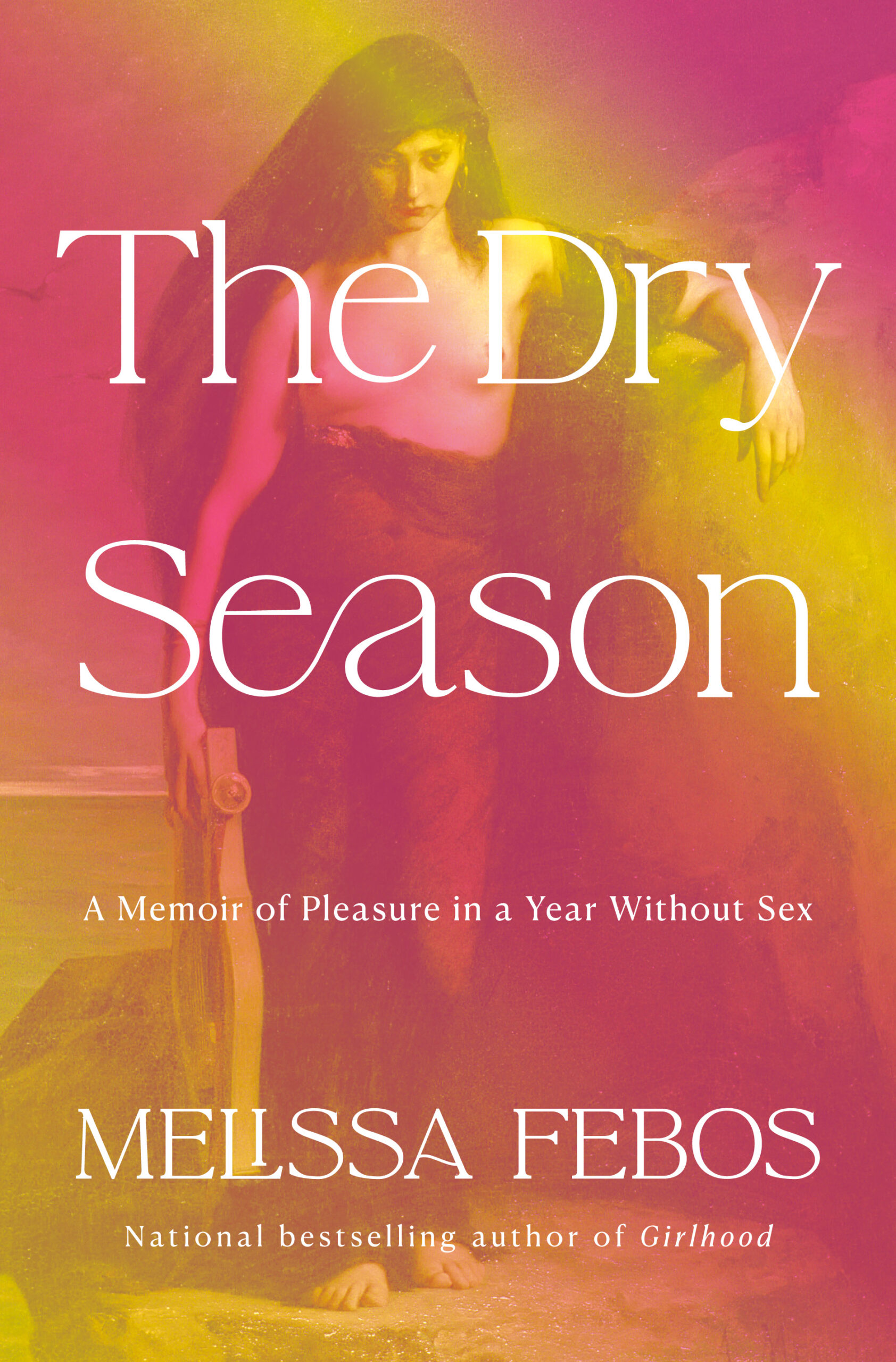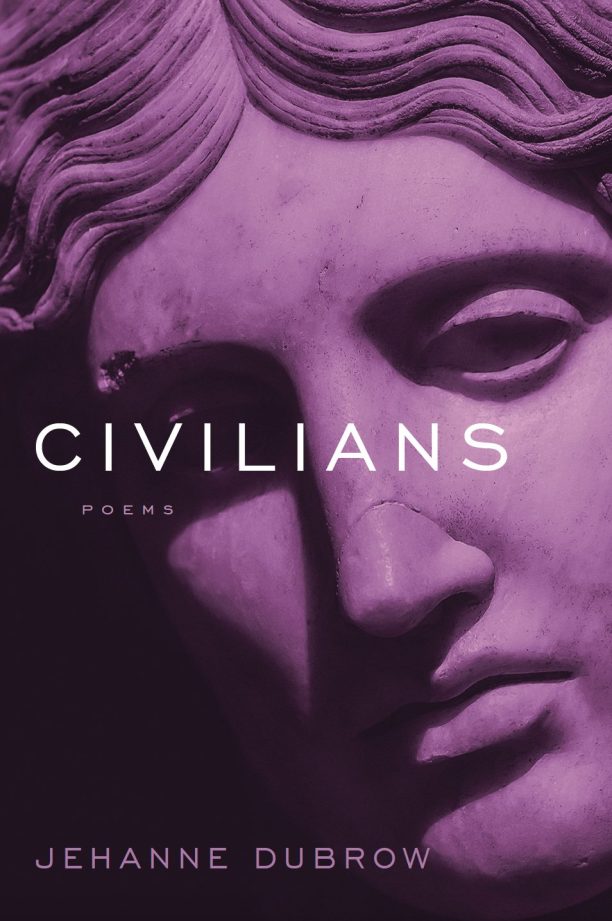RAED RAFEI interviews ODAI AL ZOUBI
 When popular uprisings against the Baath regime started in Syria in 2011, Odai Al Zoubi was in the United Kingdom working on a PhD thesis in Philosophy. He quickly became involved in the revolution, writing political essays to defend the right of Syrians to self-determination. But his literary passion was fiction. Since 2011 he has published tens of stories and literary essays in journals such as aljumhuriya and Romman and most recently “Silence” in The Common’s forthcoming Issue 17. “Silence” marks Al Zoubi’s first appearance in English translation.
When popular uprisings against the Baath regime started in Syria in 2011, Odai Al Zoubi was in the United Kingdom working on a PhD thesis in Philosophy. He quickly became involved in the revolution, writing political essays to defend the right of Syrians to self-determination. But his literary passion was fiction. Since 2011 he has published tens of stories and literary essays in journals such as aljumhuriya and Romman and most recently “Silence” in The Common’s forthcoming Issue 17. “Silence” marks Al Zoubi’s first appearance in English translation.
Al Zoubi’s short stories capture feelings of transience shared by many displaced Syrians. They are often set in spaces of transition: a balcony overlooking the sea in Beirut or a mall in Dubai. There, characters caught between a past in ruins and an uncertain future have fleeting conversations, sometimes about matters that might seem trivial considering the gravity of Syria’s situation. But from the attempt to resume the banality of everyday life springs a profound existential anxiety linked to irremediable loss and a striving for survival.
Raed Rafei (RR): As well as the title of two pieces you’re publishing in The Common Issue No.17, Silence is the title of your first collection of short stories. It might seem curious to give that title to a work made of words, more specifically a literary work populated with conversations evoking images of war, destruction and displacement. Can you talk about the silence evoked in your stories?
Odai Al Zoubi (OAZ): The eight short stories in the collection are related to each other by the subject of silence. It’s about human communication and how sometimes silence might be a way to communicate with other people. There is an introduction where I talk about the different kinds of silence. There is silence when you don’t need to utter any words because the person you’re communicating with understands what you want to say without you talking. There is the silence that comes from a feeling that your words are pointless. There is no point in saying them because nobody would understand you. Sometimes, you don’t talk because you’re too tired or because you’re too sad or you don’t know what you want to say because you, yourself, are very confused.
RR: We feel that your writing follows a documentary style. While human rights organizations and news agencies record figures of death and destruction in Syria today, you as a writer you are documenting conversations between Syrians in limbo or exile. Can you talk about the importance of documenting those moments that we never hear about in the news?
OAZ: I was actually criticized by friends and people who say that some of my stories in fact say nothing about the war, and [so] I like this comment. Yes, they are not about the war per se, they don’t tell you who’s fighting whom, they don’t tell you why we have a war. First of all, this is not what literature should do. When I go to Izmir or Eintab [cities in Turkey where large numbers of Syrian refugees live] to write about Syrians there, I am trying to capture something literary about how they live. I write realistic fiction, but I am not interested in documenting anything. What I am mostly interested in is questioning and trying to understand a few things about human nature. Documenting things because we lost them—I myself am not interested in this. A lot of people are doing this, sometimes it’s good, sometimes it’s bad. I am not interested. This is why I don’t want to write nostalgia, I don’t want to document the past, or the present.
RR: In recent years, Syrian refugees have experienced an intense deterritorialization. They had to flee their land and take refuge in other regions or countries. How has this massive population movement created new social and cultural meanings for you as a writer, and for Syrians in general?
OAZ: For me, it didn’t happen as a shock. It happened in stages. At first, at least for the people like me who supported the revolution, we didn’t think that this crisis was going to last long. We thought it might take one year like in Egypt or a few months like in Tunisia. And then the war started, and we thought it might take another year, that’s fine, but then it continued.
And then [came] the second phase, when people started to think that not everybody will go back. Half the country was destroyed so maybe we should think of this war as a long one. Later on, the regime, the Iranians and the Russians actually, won the war. And they have established something similar to the North Korean nightmare. This is when people realized that okay, we are not going back.
So, you should think about the situation in three different stages: hope, confusion, and then finally, depression. Now we are desperate. We lost the revolution and the country.
RR: Is the depression also a form of resignation or acceptance of the situation?
OAZ: There is no acceptance. This is the scary part for me and for many, many Syrians inside and outside the country. This is when it becomes very difficult to write and think about what you are doing.
In the beginning, I thought I was writing about Syria to know myself. But now the question becomes difficult. What would I write now that I live in Sweden and why?
And yes, there is hope, at least a glimmer of it. If you don’t have it at all, you will stop writing. I don’t believe that you can continue writing if you lose hope completely. I think this phase is very difficult. If you look at the Syrian cultural scene, writers and artists are producing less work in the last year—and for a good reason, because they don’t know what to do.
RR: In one of your essays, you talk about your grandmother and we understand from the story that you come from a religiously mixed family. For a reader who might not be aware of the diversity of religions and cultures in Syria, this story reflects on that diversity and you being a product of that diversity. Can you talk about that?
OAZ: It helped me a lot to have different perspectives. The history of my family is romantic. My father fell in love with my mother and they ran away together because their families did not at first accept their marriage. My father was Sunni Muslim and my mother Christian. They were brave, both of them, and poor but in love. They decided to start a family. I am a product of this mixed family.
RR: What did this mean to you growing up? Being connected to two religions especially when today we are led to think that these two cannot co-exist together.
OAZ: Unfortunately, I feel they cannot co-exist now. In the past, there were a few cases of co-existence, there was hope. Now things are worse. For example, as a journalist, in 2013 I visited a specific neighborhood in Aleppo the day the regime withdrew and a mixed group of Islamists —Free Syrian Army and Kurdish fighters—took over the area. The next morning, we visited the Christian Armenian Church. All of the Christians had left the day before. They went to regime-controlled areas. I couldn’t say or give any information [to the opposition fighters] about my mother being Christian. They might have taken it normally, laughed, or said whatever, but I couldn’t.
On the other side, the regime side, people thought that I have to support the regime because I came from a mixed family. Suddenly, the issue seems to be a crucial factor to how I should think of the war. I thought that my political views are based on my commitment to our fight for freedom, and on facts. But nay, it is not that easy nor simple…
RR: You seem to give a lot of attention to the psyche of women in some of the texts that I read, especially women who might be considered by a conservative Syrian society as reprehensible, like the divorced woman, or the woman who engages in extramarital sexual relations. Why are these characters important to you, especially as a male writer?
OAZ: Actually, one critic wrote that most of the characters in Silence are women and that they are somehow stronger than men, and wiser. It’s maybe part of my interest in the gender question. I don’t mean that the stories reflect my feminist convictions. They don’t, and they should not. It’s very easy to go to an Arab woman and say, “You are repressed you should throw your hijab [headscarf] and be yourself.” This is nonsense. You cannot do this in literature; it’s much more complicated.
I am interested in ordinary women who I think are judged by activists—whether Islamists or modernists. They try to live their lives, they are not ideologically committed to radical Islam nor to the feminist discourse. They are trying to find themselves and trying to do something. Those are the interesting fascinating cases. I am trying to see through them.

Silence book jacket
RR: Going back to the Silence collection, one of the stories talks about an encounter between two girls who used to be friends but were separated by the war. We feel a sense of impossibility for Syrians to be united again. How deep do you think the rift is between those who support the regime and those who are against it? Is this rift reconcilable?
OAZ: I think with time, yes. I don’t think anything is impossible but not soon. Now it’s more difficult with one faction having won the war—it’s really difficult, and it would take a long time for reconciliation to be possible. You cannot tell what will happen in Syria. This story is about how difficult the situation is, and I am a bit pessimistic.
RR: But on a positive note, in this story, we feel that there are still strong emotions bonding the two friends, but that social conditions, their respective families, the country’s situation, and the war rhetoric prevent them from talking to each other. Do you agree?
OAZ: Yes. Personally, I lost a lot of friendships because of the war, and [I] even [lost] family relations. At the beginning when I had hope, I was harsher towards those who supported the regime. Now I reflect on it. I think both sides ’till now are incapable of seeing the other side. Somehow, you understand this situation. Like in the story, when people lose their relatives— brothers and sisters—when you lose a loved one, this overshadows your friendships [with people from the other camp]. There are still feelings for those former friends, but you try to suppress them.
Headshot photo by Marco Giugliarelli for the Civitella Ranieri Foundation, 2017
Raed Rafei is a Lebanese filmmaker, journalist, and PhD student currently living in California.




